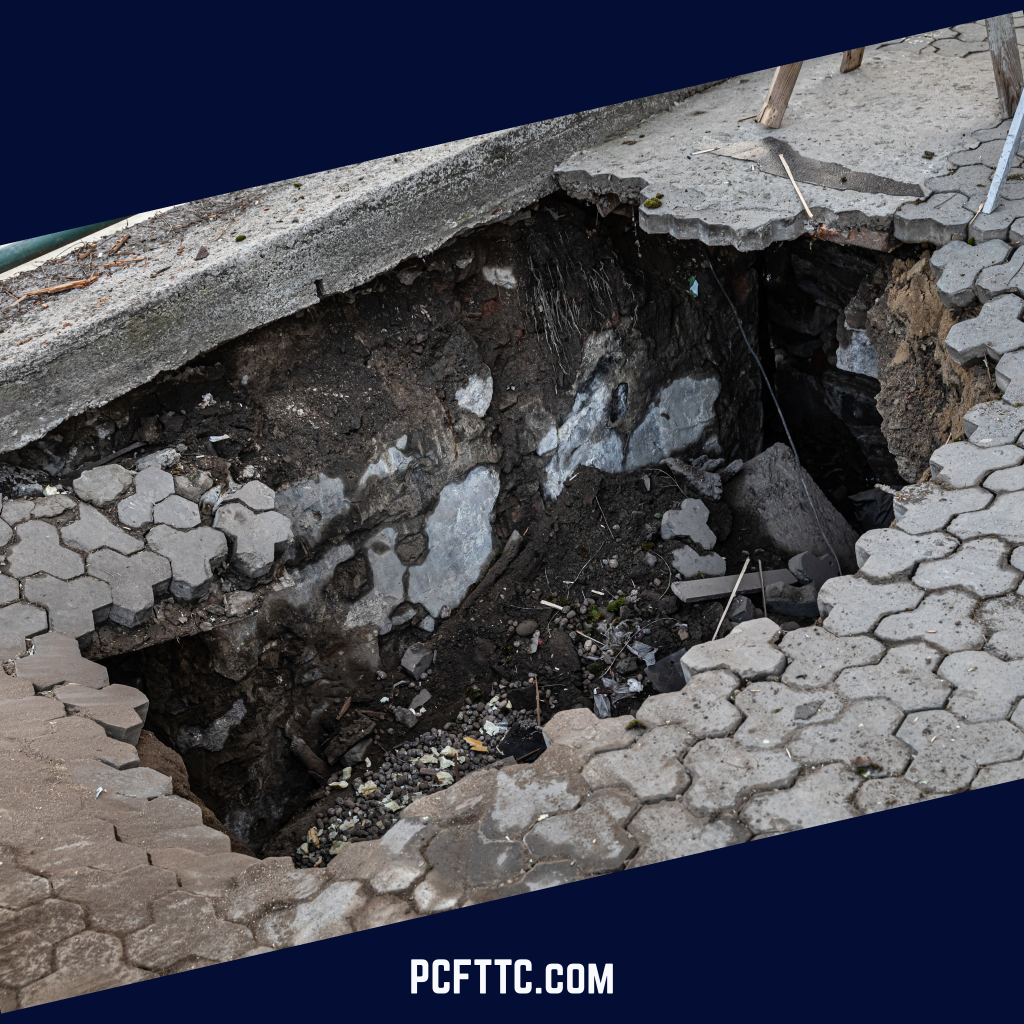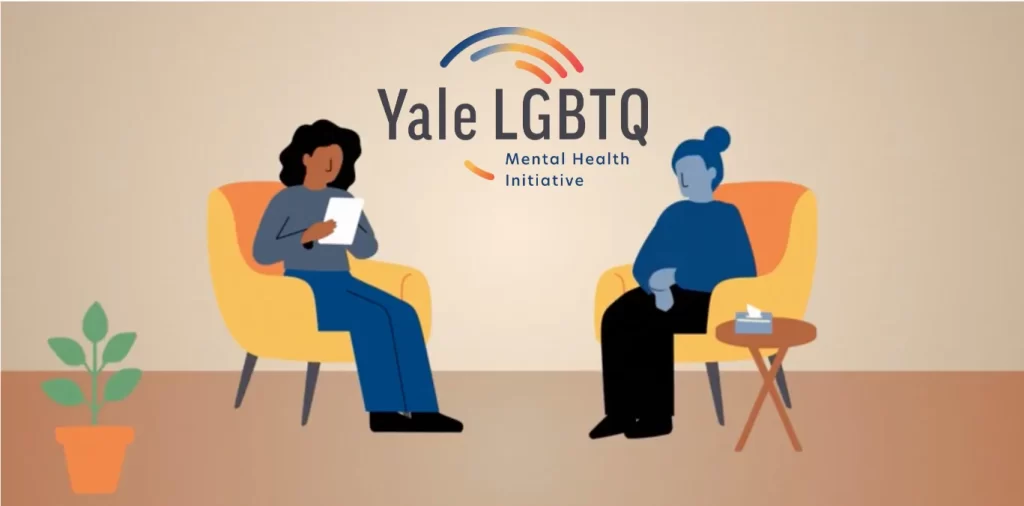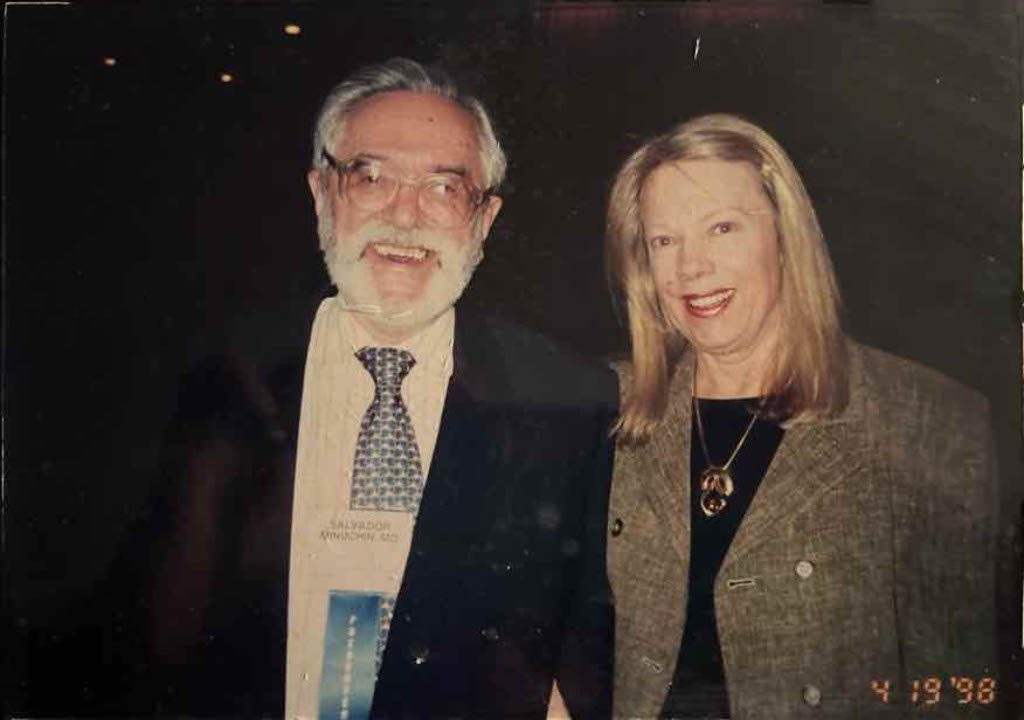
Portia Nelson’s poem There’s a Hole in My Sidewalk is often read as a story about individual growth and personal responsibility. But when viewed through the lens of Ecosystemic Structural Family Therapy (ESFT), the poem offers a powerful metaphor for how patterns develop—and change—within families and systems.
In ESFT, behavior is never viewed in isolation. Symptoms are signals, not defects. They emerge within a web of relationships, histories, and environmental pressures. In the poem, the “hole” represents more than a personal misstep; it reflects a negative interactional pattern that continues until the system itself changes.
In the early chapters of the poem, the narrator repeatedly falls into the hole, feeling confused, helpless, and ashamed. This mirrors what families experience when a child’s behavior becomes the focus of concern. The system reacts to the symptom—often with urgency, fear, or blame—without fully understanding how everyone’s responses contribute to the pattern. The problem feels external, inevitable, and overwhelming.
As the poem progresses, the narrator becomes aware of the hole and learns how to cope with falling in. This stage reflects first-order change: the system adapts without restructuring. Families may implement behavior plans, crisis interventions, or short-term supports that help manage the distress. While these efforts can bring temporary relief, the underlying interactional pattern remains intact. The hole is still there.
True transformation begins when the narrator walks around the hole. In ESFT terms, this is second-order change. Caregivers begin to see behavior in context. Leadership shifts. Interactions change. The family no longer responds automatically to distress but instead engages differently—using strengths, co-regulation, and collaboration. The symptom loses its power because the system no longer requires it.
The final chapter of the poem—choosing a different sidewalk altogether—captures the essence of sustainable systemic change, restructuring. ESFT aims to help families build new relational pathways. Through joining, reframing, enactment, and anchoring, families practice and solidify healthier ways of connecting, responding, and problem-solving.
Ultimately, There’s a Hole in My Sidewalk reminds us that healing is not about avoiding mistakes or fixing individuals. It’s about recognizing patterns, understanding their origins, and choosing—together—to walk a different path. That is the heart of ESFT: changing the system so that growth becomes possible.





